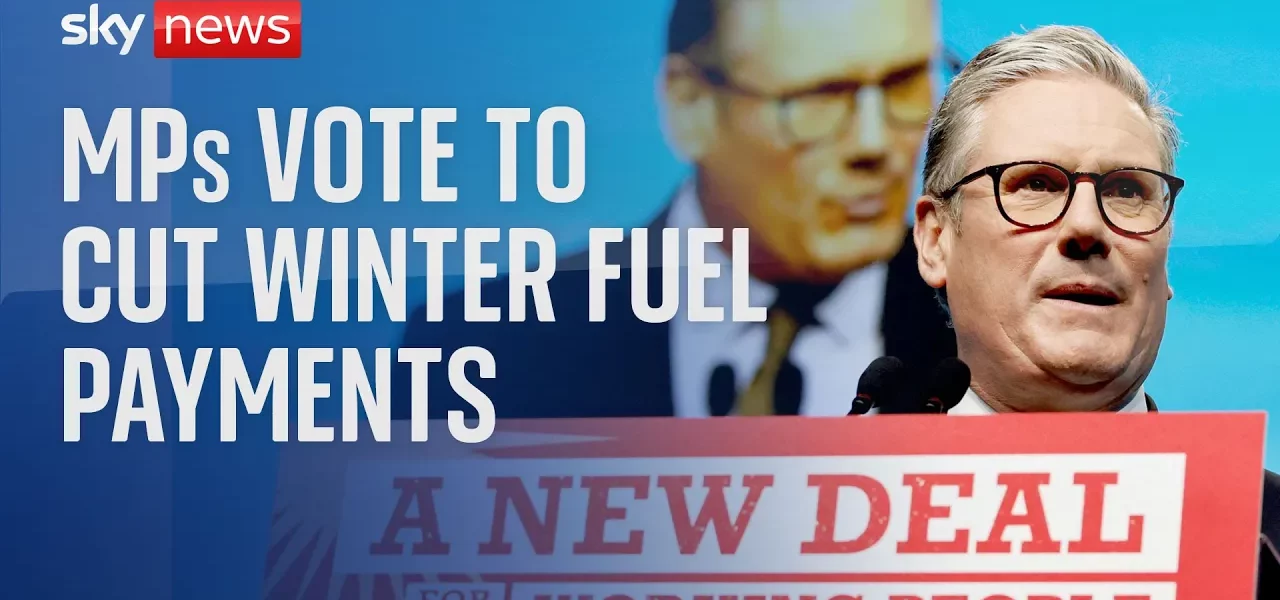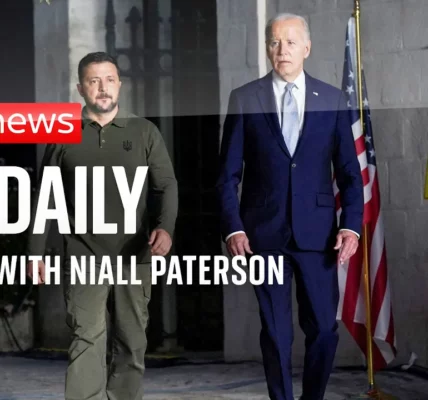Starmer’s Address at the Trade Union Congress: A New Era for Labor Rights

In a historic moment for the UK labor movement, Prime Minister Keir Starmer addressed the Trade Union Congress, promising to bolster workers’ rights and reform outdated legislation. However, his reception revealed underlying tensions regarding his approach to fiscal policy and public spending.
Introduction
For the first time in 15 years, a Labour Prime Minister took center stage at the Trade Union Congress, signaling a potential shift in the landscape of UK labor rights. Starmer’s promises to repeal the 2016 Trade Union Act and to strengthen unions have been met with mixed reactions. While many in the labor movement have yearned for a leader who prioritizes their needs, the realities of governance and fiscal constraints loom large over his administration. This article delves into the nuances of Starmer’s address, the challenges he faces, and the implications for workers across the UK.
Starmer’s Promises to the Trade Union Movement
During his address, Starmer made several key pledges aimed at rejuvenating the labor movement and addressing longstanding grievances. Here are the main points from his speech:
- Repeal of the 2016 Trade Union Act: Starmer expressed a commitment to dismantle legislation perceived as restrictive to union activities.
- Improvement of Workers’ Rights: A promise to advocate for policies that enhance the rights and protections of workers across various sectors.
- Addressing Poverty: Acknowledgement of the urgent need to tackle child poverty affecting 4.3 million children in the UK.
The Reaction from the Union Leaders
Despite the optimistic pledges, the reception from union leaders was cautious. Many were not entirely convinced of Starmer’s commitment, as evidenced by their expressions and responses during the address. Concerns were raised about:
- The government’s failure to scrap the two-child benefit cap.
- The perceived lack of immediate measures to alleviate poverty.
The Complex Landscape of Public Sector Spending
Starmer’s address also touched on the reality of public sector spending, which is a critical issue facing his administration. As he attempts to balance the aspirations of the labor movement with fiscal responsibility, he faces several challenges:
- Austerity Concerns: Critics have drawn parallels between Starmer’s approach and previous austerity measures, suggesting a potential ‘Austerity 2.0’ scenario.
- Public Sector Pay: Discussions around difficult decisions related to public sector pay were met with skepticism, as many fear cuts may be on the horizon.
- Rebellion Among Labour MPs: Discontent within the party regarding cuts to support for pensioners reflects a growing divide that could impact Starmer’s leadership.
Implications for Starmer’s Leadership
The mixed reception indicates that while Starmer may have a significant parliamentary majority, the support is shallow. The internal discord could hinder his ability to enact the changes he promised:
- Increased scrutiny from party members and union leaders.
- Potential challenges during upcoming votes on key policies.
The Path Forward: Starmer’s Strategy
As Starmer navigates these complexities, his strategy will be crucial to securing the trust of both the labor movement and the general public. Key strategies may include:
- Transparent Communication: Building trust through open dialogues with union leaders and constituents.
- Balanced Policy Approaches: Crafting policies that address immediate concerns without compromising fiscal sustainability.
- Engagement with the Public: Actively involving the public in discussions about labor rights and economic policies to foster a sense of ownership and support.
Looking Ahead to the General Election
With the next general election on the horizon, Starmer’s government needs to demonstrate tangible progress on labor issues and public spending. The slogan “Change” may need to evolve to reflect the realities and expectations of the electorate as they assess his performance.
Conclusion
Keir Starmer’s address at the Trade Union Congress marks a pivotal moment for the UK labor movement, filled with both promise and uncertainty. While his commitments to enhance workers’ rights and address poverty resonate with many, the complexities of public sector spending and internal party dynamics present significant challenges. As he embarks on this journey, it remains to be seen whether he can unite his party and the labor movement to enact meaningful change. The coming months will be critical, and the public’s response will ultimately shape the narrative of Starmer’s leadership.
For more insights on labor rights and UK politics, explore our related articles on labor reforms and economic policies.
“`




